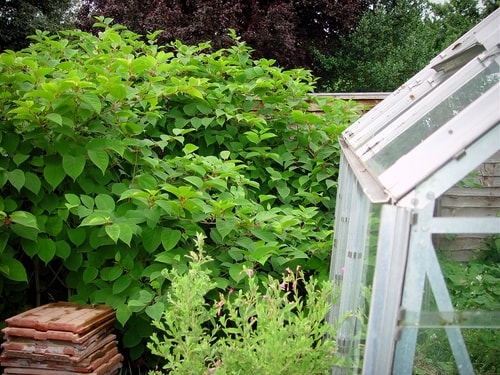Up to $1.7 million being made available
By Diego Flammini, Farms.com
Steve Thomson, British Columbia’s Forests, Lands and Natural Operations Minister announced $1.7 million in provincial grants to help control invasive plants from spreading.
There are 29 grants in total that will be distributed regionally to committees, local governments and BC’s Invasive Species Council to help try and meet the objectives of the Invasive Plant Program.
The $1.7 million in grants is on top of $735,000 already set aside by the Ministry of Forests, Lands and Natural Resources Operations for 2015-16 to use for invasive plant management and control.
Invasive plants are ones that didn’t originate from British Columbia but are now introduced into the environment.
If these plants aren’t managed and controlled, they can cause an array of problems including economic and environmental damage, health risks, increase soil erosion and change the soil’s chemistry which will ultimately affect crops.
Examples of some of the most invasive plants include:
- Japanese giant knotweed
- Bohemian knotweed
- Marsh plume thistle
- Spartina
- European common reed
The Invasive Plant Program is also targeting other plants including giant hogweed, garlic mustard, blueweed, common tansy and Himalayan balsam.
Anyone who suspects they may have seen any one of these plants anywhere in British Columbia are encouraged to use the Report-A-Weed app, calling 1-888-WEEDSBC (1-888-933-3722) or doing so online.
Join the conversation and tell us if you’ve seen any of these plants or any other invasive plants in your area. What did you do to control them? What measures are you taking to ensure they don’t come back?

Japanese giant knotweed